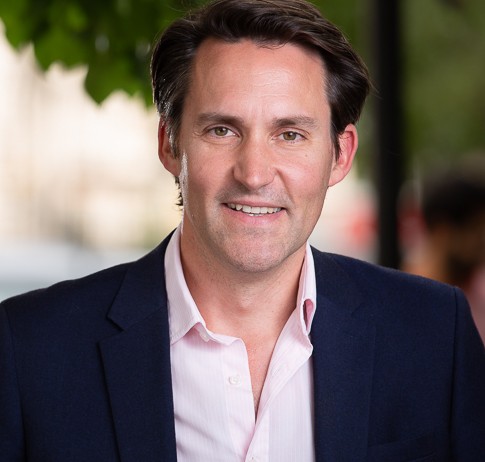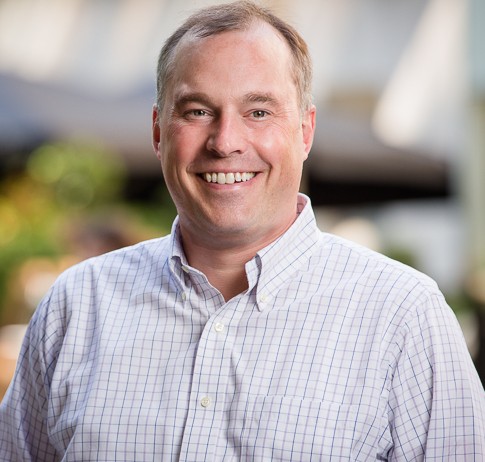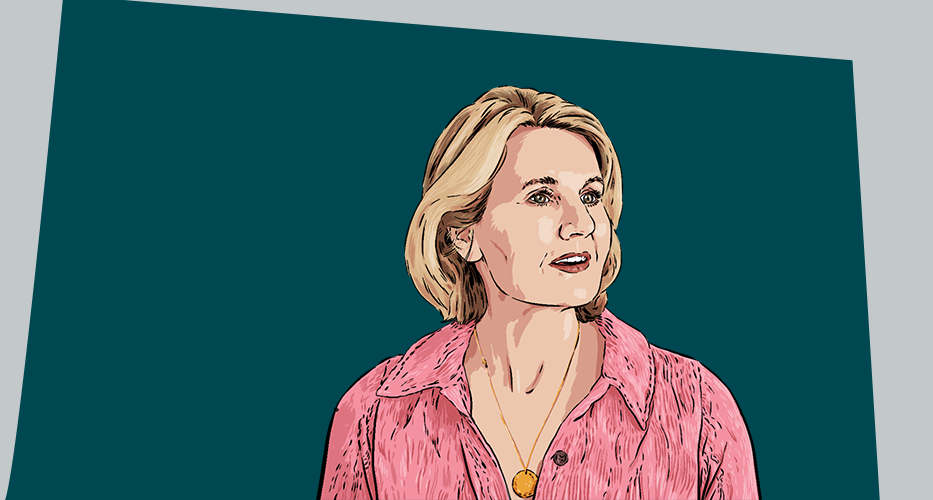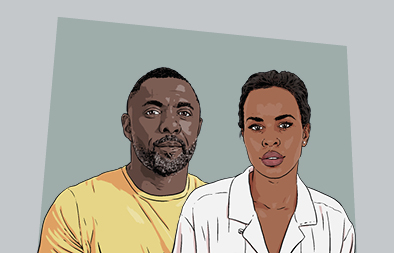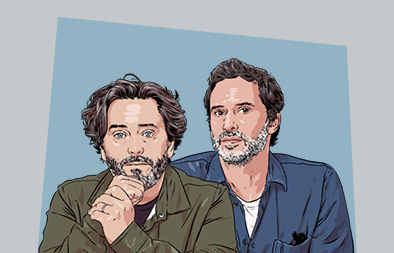Article
Defining moments interview series: Robin Klein
15 November 2021
Robin Klein on risk, reward and resilience.
Though Robin Klein has been an investor for the past 20 years, he describes himself as “still new to it, really”. It’s typical of a man who is self-deprecating about his achievements.

Klein (74) graduated as an engineer “some 53 years ago” and has been working ever since as a business leader and entrepreneur, known for carrying out the first successful ecommerce transaction in the UK when he sold online retailer Innovations to the Burton Group, and for his work with MoneySuperMarket, Zoopla and TransferWise.
Klein says he definitely has an appetite for risk. “It’s inherent in what I currently do and enjoy doing,” he says, “but I think it needs to be thoughtful and calculated.”
Like any entrepreneur and investor, Klein, who started his first company at the age of 24, has seen and made some mistakes. “I had great hopes for a product called Sugru [mouldable glue],” he says. “We grew the business nicely but found it very difficult to raise capital for something that wasn’t software.” And every venture capitalist should have or does have “a sort of anti-portfolio of companies that they should have invested in”, says Klein. In his own anti-portfolio, Pinterest looms large. “I was at Index [Ventures] at the time and I just didn’t have the vision to see what they saw,” he sighs.
For Klein, a real defining moment was deciding to leave South Africa and come to the UK in 1976 to run electrical appliance company Salton. “It was difficult to feel entirely free and comfortable in apartheid South Africa,” he says. “When our first child was born, it really came home to me that this wasn’t a place I wanted our children to grow up in. I really couldn’t see a solution to the problems as they were then, and decided that, while we were young enough, we should leave to make a go of something else, elsewhere.”
It’s really not easy to build a company; purpose and determination to see it through are essential.
Klein still feels positive about business here. “I’ve been very fortunate to find myself in an environment – the technology sector – which is constantly looking forward and backing entrepreneurs who are always looking forward,” he says. “And that’s the secret: looking forward and not back. Clearly, we should always learn from history, but we should equally be focused on the windscreen and not the rear view mirror.” Klein sold Salton in the 1980s (“It had outgrown my ability to finance it – in those days there was no such thing as venture capital”) but he stayed on the board for a couple of years before he left.
More of Klein’s defining moments relate to his family, a theme he comes back to continually. “The birth of children changes how you think about life and the future,” he says. He is also hugely proud of the award-winning house he built with his wife in the mid-1990s. “It was a phenomenal project, and doing it with her was a very satisfying thing,” he says. “It took a number of years to think about and plan.”
Back in 1994, Robin’s son, Saul, who had moved to the US, enthused about this new technology known as “the World Wide Web”. Innovations was the catalogue in the Sunday papers at the time. “I decided that if we could put the catalogue online, rather than printing and mailing millions of copies, we could revolutionise the business,” says Klein. At the time, to access the internet, one had to use a dial-up modem at around 56 kilobytes per second.
Klein sold Innovations in 1997 for £45m, and remained with Burtons as Director of Home Shopping. Though he says he’s an entrepreneur at his core, he is also proud of his agility. “I adapted pretty well to being in a larger corporation, and had two or three fantastic years. You can read books about all this stuff but you never truly learn something unless you experience it. However, I have always wanted to do my own thing.”
Klein also likes change “as long as it’s moving forwards. I am a very curious person and I always want to learn something I don’t know”. He laughs: “My wife tells me that if I hadn’t changed all these businesses I might have changed my wife, so she’s very pleased that I found another outlet for that…”
Investors should back people, says Klein. “I look for determination. This is fundamental. It’s really not easy to build a company; purpose and determination to see it through are essential.” He also looks for people who have done a lot with a little and (“I could talk about this forever”) an awareness of what they don’t know. “Most of the people I back are super, super smart. But knowing what you don’t know, and having the curiosity to find out, and taking on board opinions and advice are very important attributes for a successful entrepreneur.”
These days Klein is focusing his time on his existing portfolio, and helping Saul run their investment company, LocalGlobe. “I’m the chairman, or the Chief Financial Officer, depending on what day it is.” He still gets excited about watching companies grow. “I’m a firm believer that no company that’s going to endure can be built in less than 10 years and, because we’ve been investing as long as we have, a lot of those companies are now coming to fruition, and this is very exciting.”
One such success is Wise (formerly known as TransferWise), which listed on the stock exchange in June at a market value of £8bn. “We’ve been investing in TransferWise from its very earliest days,” Klein says, “and it’s fantastic to see not only how it’s grown into a global business, but also how the individuals have grown within it.”
Though the England that Klein came to in the 1970s is very different now, he says he’s excited about the future here. “The UK is in a fantastic position,” he says. “We’ve got great universities, we’ve got great science and we’ve got capital. We’ve got a government that recognises that technology has a major role to play in the new economy, and I’m very optimistic – particularly because technology is moving to the areas that really will make a difference to society.”
First published on the FT.com and produced in partnership with the Financial Times Commercial department.

Defining moments
What does it take to be successful and how do we navigate key moments in our lives? We explore stories of success with the FT.
Defining moments interview series